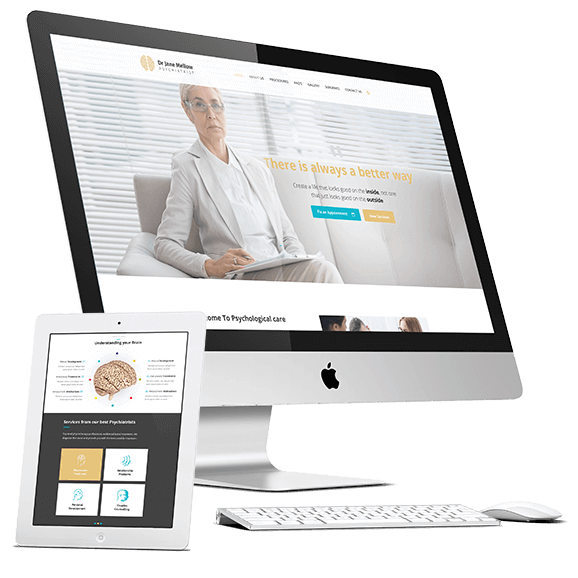Person Centered Compassionate Care
for those Struggling with an Addiction
At Wesley Counseling, we treat the person, not a label. No one is called an “addict” or “alcoholic”, treated like a criminal or a child. Rather, everyone is treated with dignity and respect as intelligent human beings who know themselves better than anyone.
We believe people have the power to change. We do not believe people are powerless to make changes in their addictive behaviors. Instead, we believe people can and do change every day.
We believe people change from within and not from outside of themselves. While many influences can bring us to be ready for change, it is the individual who must do the work and receive the benefits from change.
We believe that one can change without treatment. Often, people can change without going into rehab. Yet, we have found that many need guidance and support through their journey toward wellness.
We believe in outpatient treatment for most individuals. Residential programs have a purpose for some, but long-term outpatient treatment has better outcomes than many short-term intensive therapy programs.
We believe in individual treatment. While group therapy can be good for many and often helpful, individual therapy is essential for some or all of the treatment focus.
Peer support can be helpful but, depending on the group of peers, may often harmful as well. If indiiudals are truly serious about getting help, the peer group they choose can make all the difference.
We believe that addiction treatment should be done by trained professionals and not by individuals with whom their only credentials are being a “former addict” and attendance at a few workshops.

Cognitive Behavioral Therapy (CBT)
Dr. Wesley uses a wide variety of treatments. One popular and research supported therapy is Cognitive Behavoral Therapy or CBT. Cognitive behavioral therapy teaches individuals struggling with addiction to find connections between their thoughts, feelings and actions and increase awareness of how these things impact their recovery.
Cognitive behavioral therapy shows that many harmful actions and emotions are not logical or rational. These feelings and behaviors may come from past experiences or environmental factors. When an addicted person understands why they feel or act a certain way — and how those feelings and actions lead to substance use — they are better equipped to overcome their addiction.
Motivational Interviewing
Dr. Wesley uses many different therapies and techniques including Motivational Interviewing. Motivational Interviewing is about motivating the client to change a destructive behavior. This is often used for addiction as lack of motivation to quit can be one of the greatest barriers for individuals struggling with addiction, even in spite of health issues and financial, social, and legal consequences.
The thought behind Motivational Interviewing is that all individuals dealing with addiction are at least partially aware of the negative consequences of drug abuse and addiction. Each individual is also currently in a certain stage of readiness when it comes to changing their behavior. Dr. Wesley helps to facilitate the process of getting ready to change by overcoming ambivalence or a fear of change, increasing the client’s own motivation.


Science and Spirituality
There are two camps when it comes to addiction treatment. They are often on two unnecessary polarized groups. One group turns to evidenced based treatment and science for solutions, and the other group who turn to the spiritual realm for solutions such as 12-step groups like AA. In trying to decide what approach is best for you, realise that there are many effective solutions for any given problem and these different solutions need not be mutually exclusive.
Dr. Wesley uses evidence based treatment approaches such as CBT and MI. He believes in the client’s ability to change and that they are not powerless. However, Dr. Wesley also uses the client’s values and culture to help move them toward change. Spirituality and religion can be a great social support for clients and taking advantage of these social supports can be very helpful to the client. However, their philosophies are often at odds with each other. Working with Dr. Wesley, the client can work through these conflicts while also taking advantage of the benefits.
Relapse Prevention Therapy
Relapse Prevention Therapy aims to limit or prevent relapses by helping the client to anticipate circumstances that are likely to provoke a relapse. Anyone can develop strategies to cope with these high-risk situations in advance. This is termed a relapse prevention plan. For instance, therapy participants learn that certain feelings are common triggers for relapse. We summarize these feelings with the acronym BHALT: bored, hungry, angry, lonely, and tired. Relapse prevention therapy teaches clients to be alert for these types of feelings and to have a plan of action for coping with them.


